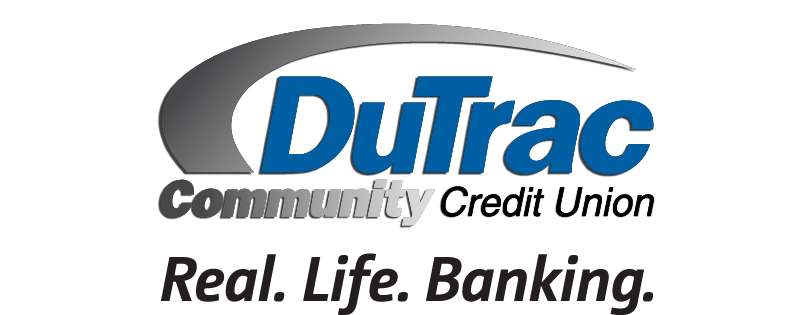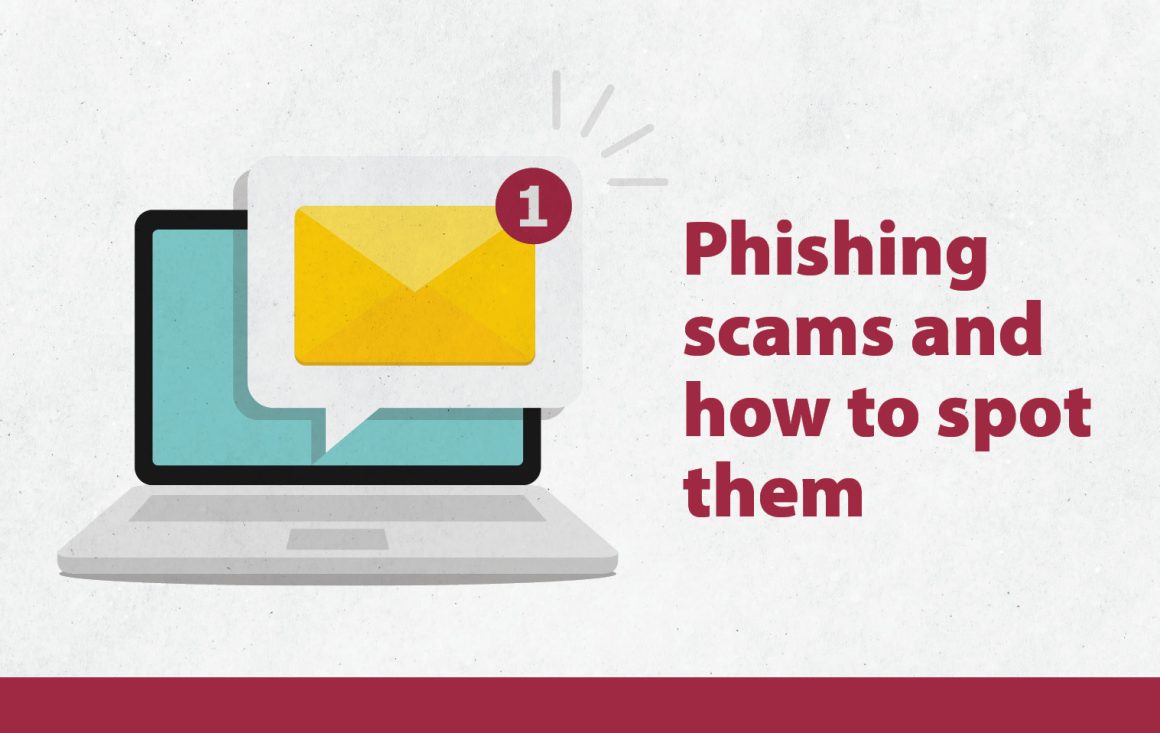In this scam, you receive a pop up, an email or text message or even a phone call that appears to be from a legitimate company or financial institution, asking you to “update” or “verify” personal information.
In one of the variations, you might receive an email that appears to be from the IRS about a tax refund and requests personal information to receive the funds. As you know, the IRS never sends such emails.
While real companies might communicate with you by email, legitimate companies won’t email or text with a link to update your payment information. Phishing emails can often have real consequences for people who give scammers their information, including identity theft. And they might harm the reputation of the companies they’re spoofing.
How to protect yourself:
- Protect your computer by using security software.
- Protect your cell phone by setting software to update automatically.
- Protect your accounts by using multi-factor authentication. Some accounts offer extra security by requiring two or more credentials to log in to your account.
- Protect your data by backing it up. Back up the data on your computer to an external hard drive or in the cloud. Back up the data on your phone, too.
DuTrac provides the latest fraud protection tools and services, from text alerts to chip-enhanced technology.
If you feel you may have been the victim of fraud, don’t hesitate to contact our Fraud Specialist at fraud@dutrac.org or visit any DuTrac location.

